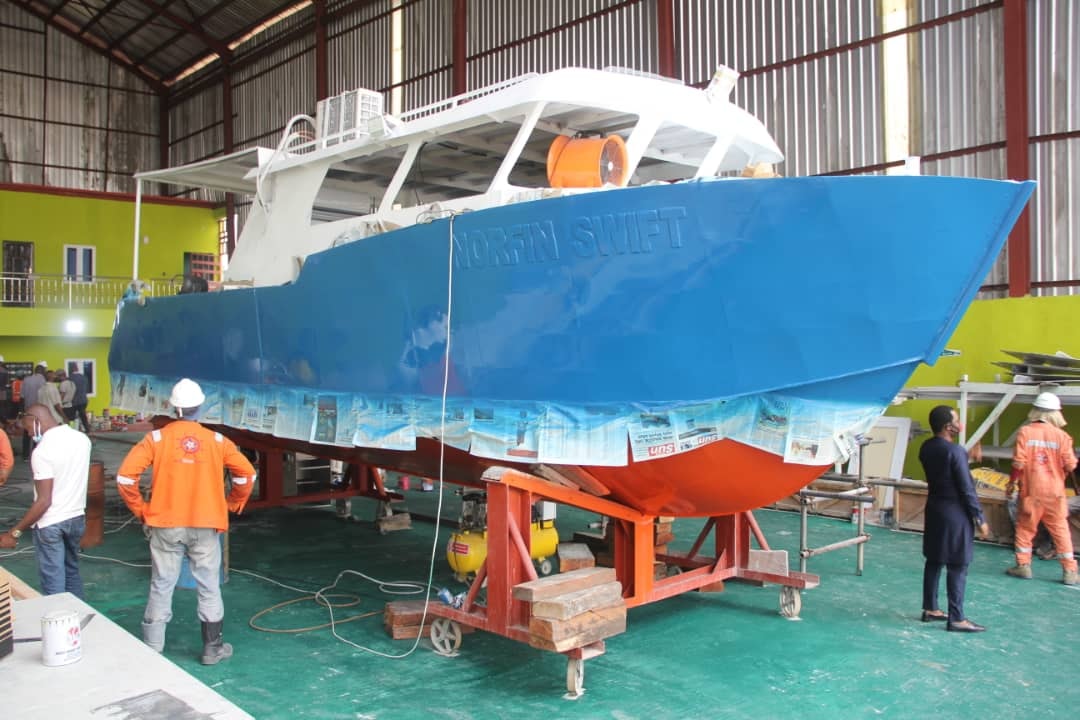The Marine Craft Builders Association of Nigeria (Boat builders) has called for the inclusion of riverine dwellers in the Federal Government’s subsidy removal palliatives, to cushion their challenging transportation needs, following the deregulation of the petroleum sector.
The group, which put the population of dwellers in the areas at 50 million, claimed that about N300 million is raked in daily from economic activities in the areas.
The group spoke through its Director General, Clem Ifezue, the Chairman, Board of Trustees (BoT), Mr. Frank Orhenere, Kelly Ekeremor and Solomon Beleme.
In a statement in Port Harcourt, the group said, “Millions of people living in the coastal areas also need government’s assistance like other Nigerians, particularly in the face of current hardship in the country”.
The request followed the 3,000 bus purchase for states, recently approved by President Bola Ahmed Tinubu, to ease the harsh transportation effect of subsidy removal on the citizenry.
Ifezue said the length of waterways in Nigeria was over 10,000 kilometres, ranking it second in Africa after Egypt and with over 50 million Nigerians living there and contributing over N300million to the economy on a daily basis.
“The contribution to the GDP is enormous; the forex savings are very enormous; the employment strength in the sector is very enormous.
“The idea is, by the end of the day, Nigerian boats will be exported, so that we can earn forex (foreign exchange) for Nigeria. So, it is a big sector that shouldn’t ordinarily be ignored.
“We have gone through the palliatives proposal of the government and seen what it (government) has in stock for transportation.
“Government has made pronouncement for 3,000 buses to be procured from local manufacturers in Nigeria. We want to bring the attention of the government to it again to see how the riverine communities can be accommodated in their plans.
“We are talking about over 50 million Nigerians living in the coastal areas; and not much is being proposed as a way of sourcing palliatives for them. On that stretch, you have people using local boats for their living and to transact businesses.
“Honestly speaking, if the cost of petrol is N750 in the city, it’s about N950 in those communities. And if you translate it to the cost of operations of those boats, you will see that people are paying more right now from one riverine community to another, likewise their produce to the cities.
“So, we want the government to look at it and see how their palliative programme should cover them (coastal communities)”, he said.

